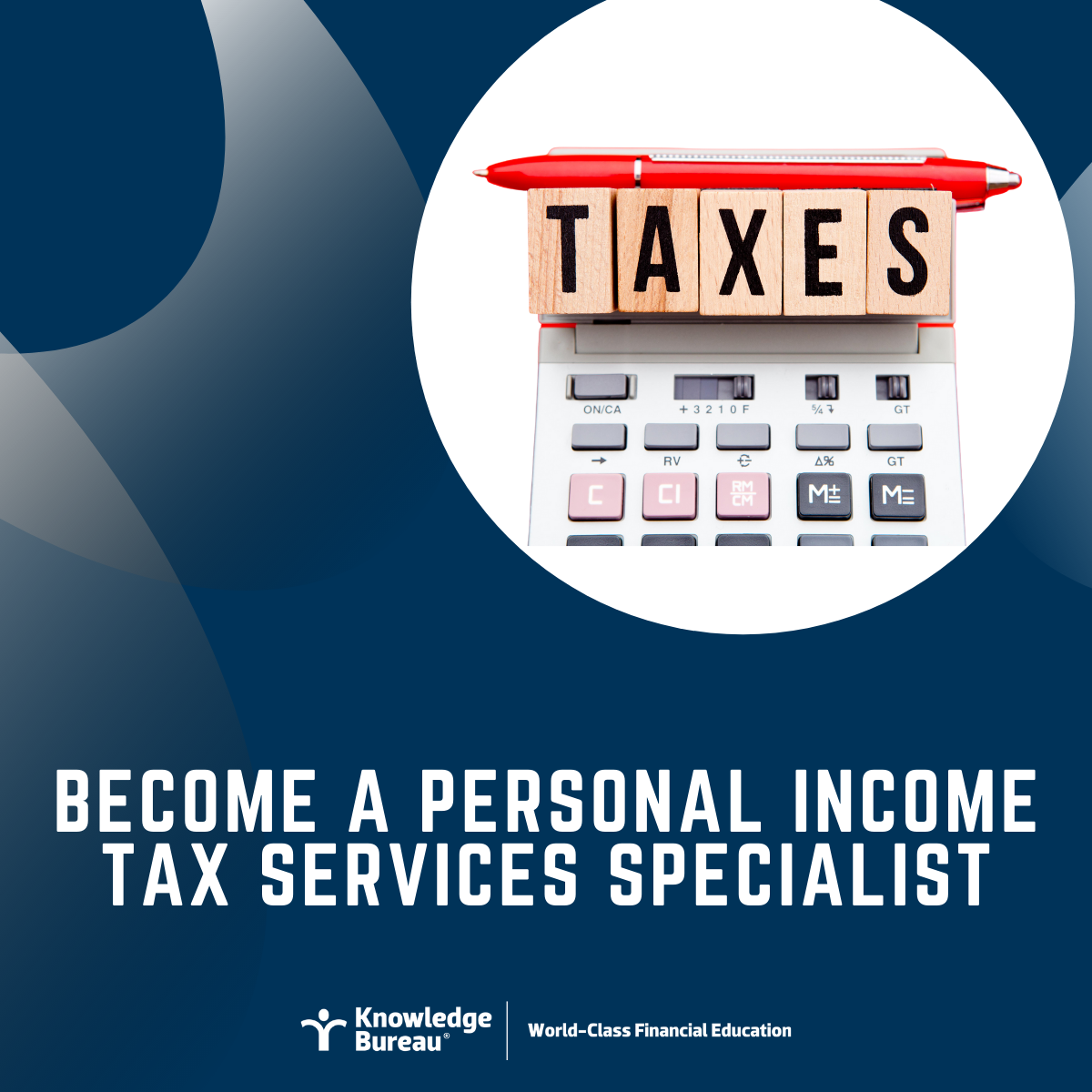Last updated: October 15 2020
New Rent Relief for Canadian Businesses

Walter Harder, DFA-Tax Services Specialist and Evelyn Jacks, DFA-Tax Services Specialist, RWM, MFA, MFA-P
Much to the relief of small business owners, the New Canada Emergency Rent Subsidy, announced 9 days after October rent payments were due, brought rent and mortgage support directly into the hands of business tenants. There was more good news, too. A new forgivable loan for businesses affected by the second wave of this pandemic was also introduced. Here are the details:
Under the CERS, there is support to both tenants and property owners which provide space to businesses, charities, and non-profits.
The financial assistance will subsidize a percentage of expenses, on a sliding scale, up to a maximum of 65% of eligible expenses until December 19, 2020. The program will continue until June 2021 although details for the period after December 2020 are not yet available. Retroactive claims can be made for the period September 27 to October 24, 2020.
The 65% subsidy will apply to businesses who experience a decline in revenue of 70% or more with a proportionately lower subsidy for businesses who experience a smaller decline in revenues.
In addition, a top-up of 25% will be available for organizations temporarily shut down due to a mandatory public health order. This will mean a subsidy of 90% of eligible e xpenses can be claimed.
xpenses can be claimed.
This new program has been a welcome change from the previous plan, putting the money directly into the hands of the small business owner, charity or non-profit, rather than going to the landlord.
The money needs to be spent on fixed property expenses, such as rent and interest on commercial mortgages.
But here is the surprise news: the Canada Emergency Business Account (CEBA) has been increased by $20,000 to a maximum loan of $60,000. Further, 50% of the additional $20,000 is forgivable if the loan is repaid by the end of 2022. Recall that $10,000 or the first $40,000 is forgivable if the loan is repaid by the end of 2022.
So how will these enhancements and new programs affect the tax return of the business?
The subsidies provided by the CERS program are considered to be a reduction in expenses of the business. Thus, if the government pays 65% of the rent for the business, the business may only claim the 35% that it actually paid. Alternatively, the subsidy could be included in income and the full rent deducted as an expense. Likewise, if the government pays 65% of the business’s mortgage interest, the deduction for mortgage interest should be reduced by the amount paid by the government.
The interest benefit on CEBA loans will not be taxable to the business. However, if the loan is repaid and a portion of the loan is forgiven, then the forgiven amount will be considered to be business income.
ENHANCE YOUR CREDENTIALS. Take the DFA-Tax Services Specialist™ Program. Six professional courses train you to provide highly demanded services to individuals, tax, bookkeeping and financial advisory firms.
PRACTICAL SKILLS
Professional Income Tax Course - Entry Level
Professional Income Tax Course - Advanced Level
STRATEGIC KNOWLEDGE
Canada - U.S. Cross Border Taxation
“The unique combination of working, practicing and learning – through hands-on training in seminars and workshops, and through online courses with easy-to-follow course material that was challenging and effective – allowed me to build and expand my knowledge, resulting in increasing confidence and competence to build and grow my business.” – Frank Arnold, DFA-Tax Services Specialist™

